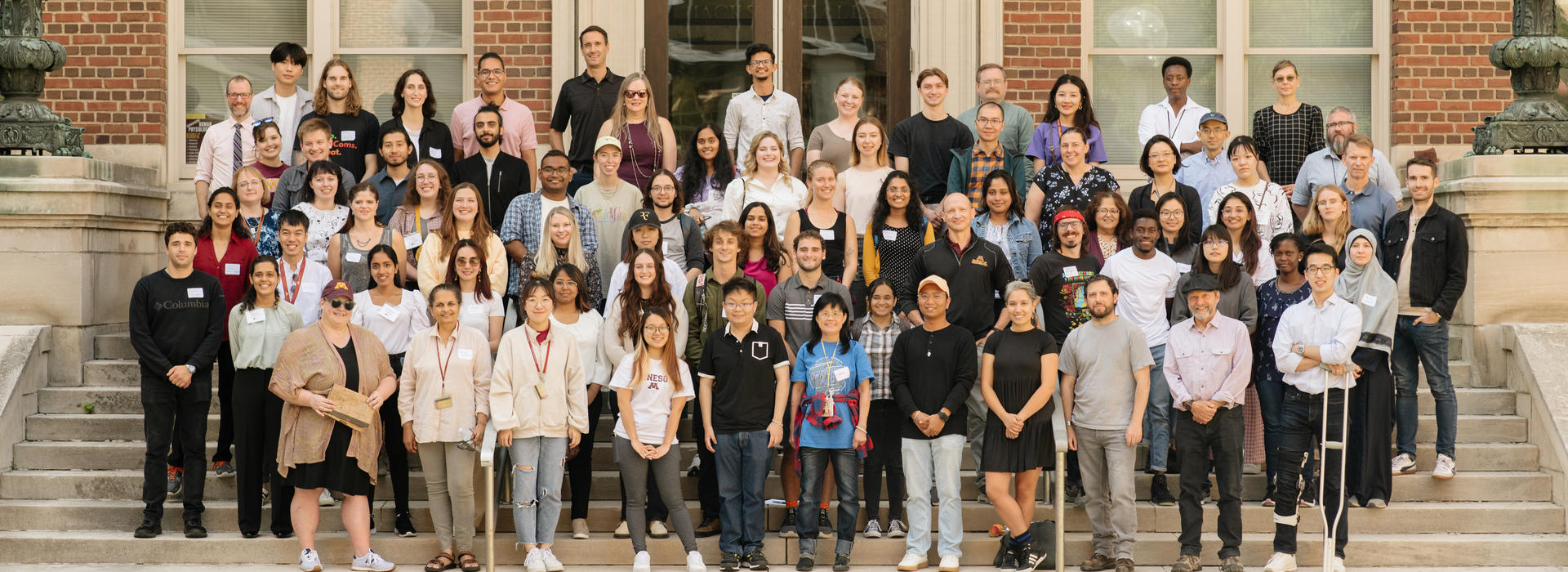
What is Pharmacology?
Pharmacology is the study of drugs and the mechanisms underlying their beneficial and undesirable effects. A key principle of pharmacology is that drugs evoke responses by enhancing or suppressing cell signaling pathways that influence natural processes like cell growth and division, heart rate and blood pressure regulation, perception of pain and other sensory stimuli, and immune responses to pathogens. Research in pharmacology employs techniques in genetics, molecular and cell biology, biochemistry, physiology, and behavioral analysis to better understand drug targets and related biological signaling mechanisms. The goal is to generate new knowledge and tools that can lead to better treatments for devastating human medical problems including cancer, addiction, cardiovascular disease, obesity, and infectious disease.
The Department of Pharmacology at the University of Minnesota is one of six basic science departments in the Medical School. The well-funded research programs of our primary faculty members focus on understanding and developing better treatments for cancer, addiction and the opioid crisis, cardiovascular disease, infectious disease, and metabolic syndrome. We also offer an undergraduate Pharmacology Minor, oversee the Molecular Pharmacology and Therapeutics Graduate Program (MPaT), teach fundamental principles of pharmacology to students in professional degree programs (MD, DDS, and MD/PhD), and provide individualized training experiences for our strong community of postdoctoral scholars. Our past trainees are now applying their skills to impactful careers in academia, medicine, industry, government, law, and regulatory oversight. We are proud of our role in preparing the next generation of scientists for rewarding careers in the health sciences and related professions, and for the various other ways we give back to our community.
OUR MISSION
- To teach fundamental principles of pharmacology and drug-based therapies for human medical afflictions to students in undergraduate, graduate, and professional degree programs, and to provide impactful and individualized training opportunities for postdoctoral scholars.
- To conduct innovative research that advances our understanding of drug action – from the structural basis of drug-receptor interactions and biological signaling mechanisms to clinical translation – while engaging the next generation of scientists in our discovery efforts.
- To make meaningful service contributions to the department, medical school, university, and people of Minnesota, while also serving as critical resources of scientific expertise at the national and international levels.